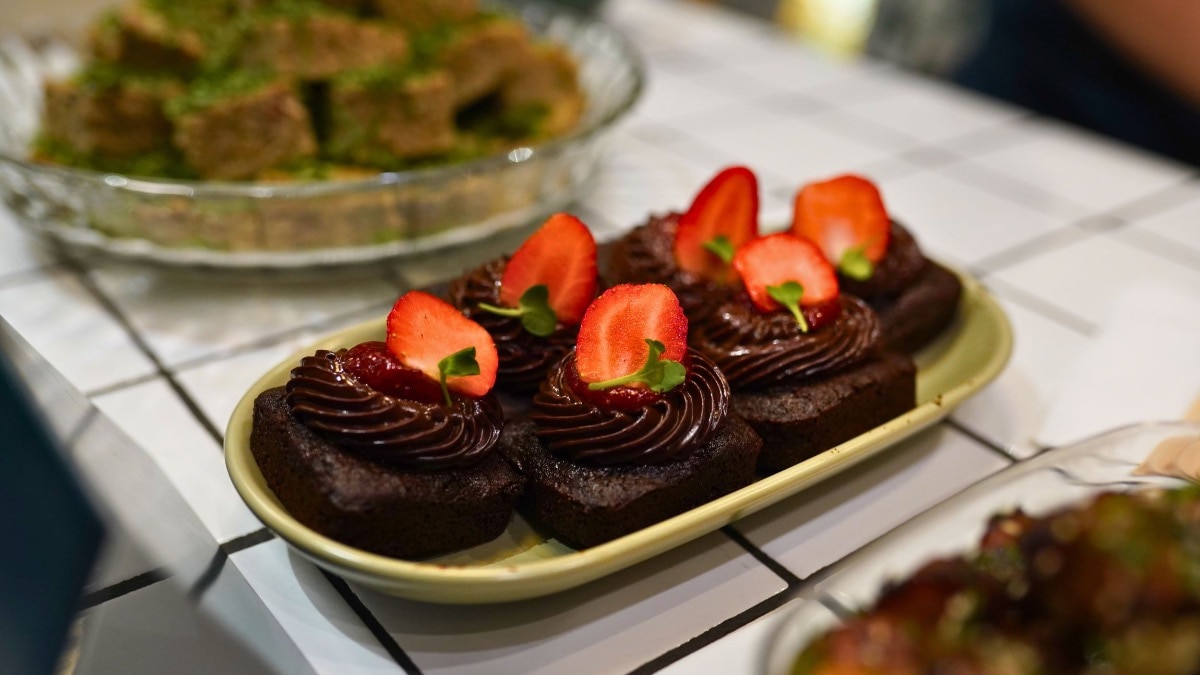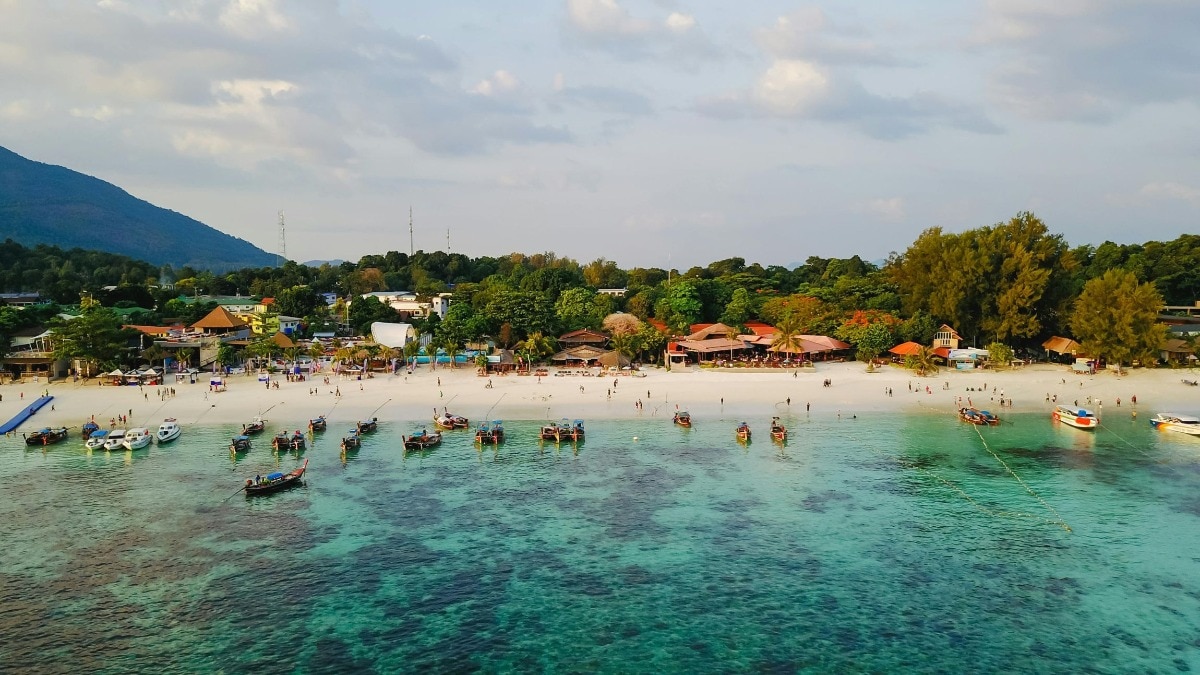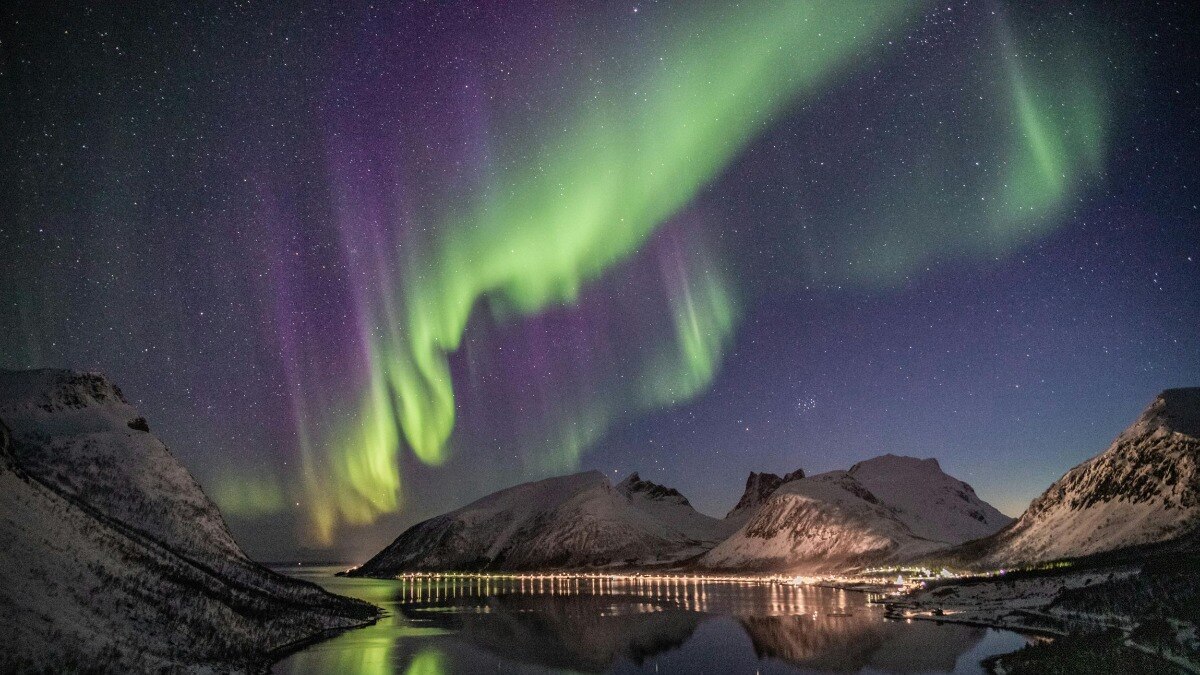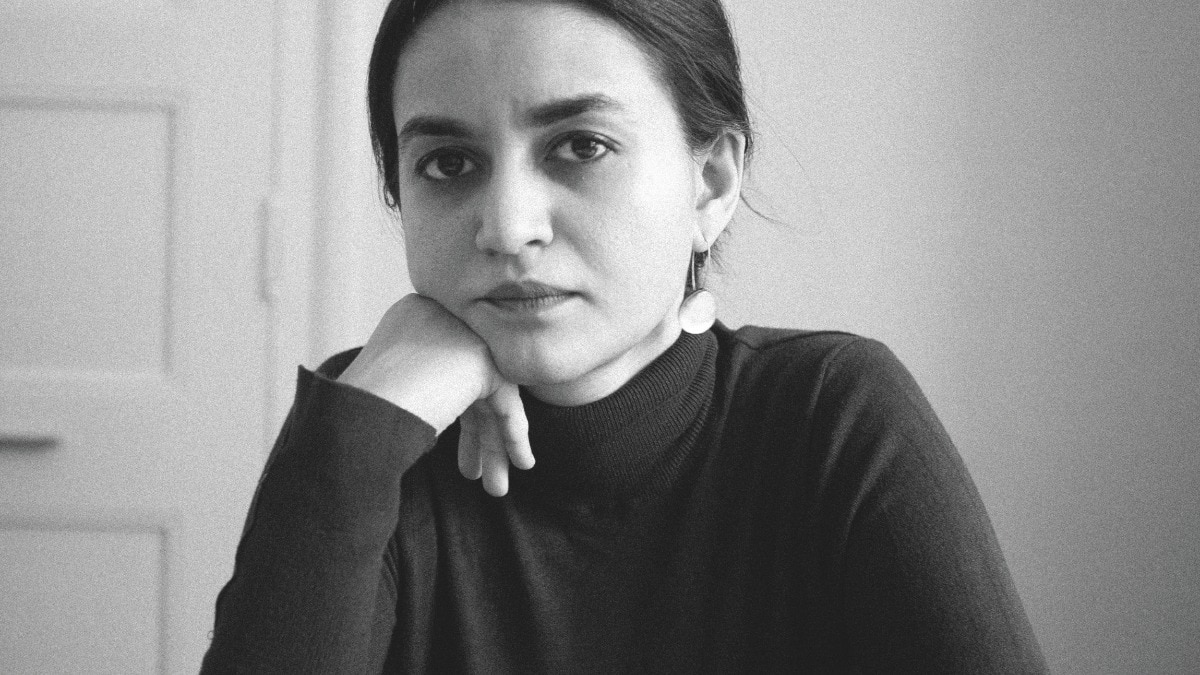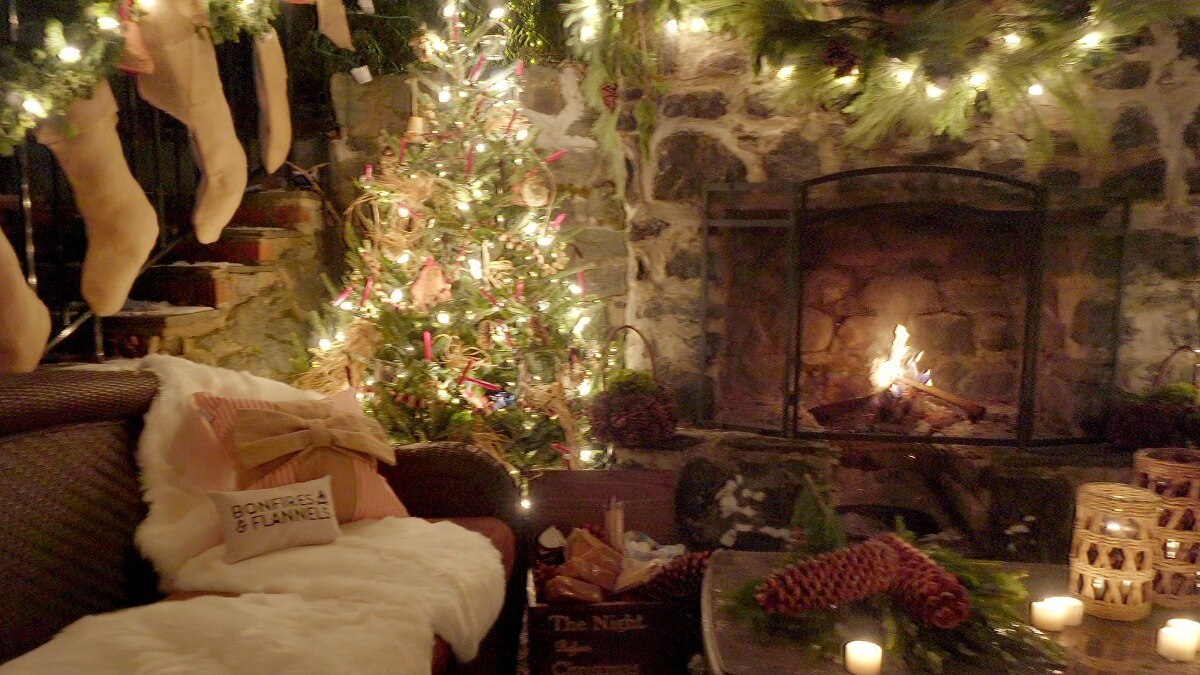
Here's how an adrenalin-fuelled trip to Mount Kazbegi wove a tale of survival and reflection
It was a close call for the author on this breathtaking climb in Georgia.


There’s a tradition in Georgia that you celebrate a brush with death as a second birthday, as if feeling the icy touch of the reaper and emerging unscathed bequeaths you a new self. Justin, my brother-in-law, earned himself a second birthday at 9 pm on a Saturday night last March, as we had set out too late in the day to climb the vast and storied Mount Kazbegi, the fifth-highest mountain in Europe, in the rugged stretch of the Caucasus that sweeps across the north of Georgia.
We had come to Georgia with Bally Peak Outlook, a charity that invests in mountain communities and projects, from the Himalayas to the Alps. There were eight of us altogether—skiers, writers, climbers, come to visit the site of the charity’s latest undertaking: a mountain-rescue station just below the peak of Kazbegi. Six of the group had climbed the mountain early that Saturday. Justin and I were late, though, setting out from Gergeti Trinity Church—dramatically perched on a jagged outcrop of rock at well over 2,000 metres—when it was just after four in the afternoon, the sun already low in the sky to the west.

Our delay in making the climb was all my fault. I’d insisted on a morning’s skiing in Gudauri, one of Georgia’s best resorts, and Justin said he’d come with me. We’d got back from the slopes in time for lunch at Rooms, a former Soviet sanatorium, splendidly converted into a world-class spa hotel.
Rooms manages to be both imposing, intimate, and absurdly comfortable, packed with a glamorous mixture of young Georgians and rugged-looking adventure tourists.
Justin and I set off up the mountain well fed but anxious, looking at the darkening sky to the east, the build-up of storm clouds. We were climbing with Nikoloz Alavidze, a local entrepreneur who, together with his friends Mamuka Nikoladze and David Chichinadze, had founded Altihut, an organisation headquartered in a bothy—a climbing hut—more than 3,000 metres up Kazbegi.
They were now working with Bally Peak Outlook on building the mountain-rescue station. We would be spending the night—God willing—in Altihut’s bothy.
After several waist-deep tumbles into drifts of snow, now turning pinkish in the afternoon light, we equipped ourselves with snowshoes and increased our pace. Even though we were heading up a cleft in the mountain, a relatively sheltered spot, the wind began to howl raveningly, snatching tears from our eyes. We fitted our headlamps; Justin, who’d bought a very expensive one for the trip, couldn’t get his to work.
My memory of the next few hours is of the whirl of the agitating blizzard in the beam of my lamp, the plod of one step after another, the raw feeling of breaths in the thinning air. We would stop every so often, swigging water and chomping energy bars, but it was then that we felt how cold it was: minus 47 degrees Celsius, according to my watch. My feet and fingers began to ache and tingle. To keep our spirits up, Nikoloz told us that we were more than halfway. We weren’t.
Somewhere above us were our companions, sitting warm and fed in the bothy. Nikoloz pointed into the darkness. The path, he told us, indicating with the beam of his light, skirted a gully. Once we had made our way along its edge, we would be able to see the lights of the bothy above us.
I went first, reckoning that Justin, without a light and with ill-fitting snowshoes, ought to walk between me and Nikoloz.

I edged along a lip of rock that was barely wide enough for my snowshoes, making the mistake of pointing my headlamp downwards at one point—everything was swirling in darkness, the sense of endless depths spiralling away beneath.
I didn’t see Justin fall. All I heard was a strangled shout and then, everything slowed in time, the arcing beam of my lamp as I looked back to see my brother-in-law hanging over the edge of the precipice, saved from falling by a single ski pole thrust into the ground and the faithful hand of Nikoloz, who had reached out to grab hold of the loop at the top of Justin’s backpack. Somehow, we managed to get him back up on the ledge and then, jangling, we stopped for some minutes. “I’d have looked after your kids,” I told him—it’s a flaw of mine to make jokes at times like this. He didn’t laugh.
Once we’d regained our breath, we edged along the lip of rock until we were once again on a wider path. Soon after, we rounded a bend to see the warm lights of the bothy glowing less than a mile away, at the top of a final incline.
Altihut is a wooden building centred around a roaring stove in its high-ceilinged drawing room. It can house up to 50 travellers at a time in seven dormitories, and is home to the highest library in Europe.
There’s a resident chef in the hut during the climbing season, and a selection of excellent Georgian wine and beer. What we needed just then, though, was chacha, the local brandy.
We told the tale of our climb as the wind roared outside. It was almost dawn when I finally climbed into my bunk.

In the morning, the storm had blown itself out, and I stepped into a newly made day, sun glittering on the snow, a moon still hanging over the peak of Kazbegi. Birds were calling joyfully in the valley below. All about were snow-capped peaks and mountain lakes; a world whose beauty snatched my breath from me. We were quiet as we made our way down the mountain that day, treading carefully along a ledge that seemed wider and safer in the daylight, then seeing the church, which had appeared lofty viewed from the comfort of Rooms, far below us in the valley.
Georgia’s terrain is not to be taken lightly, but it’s also the reason that this country is so hard to resist—it is wildly beautiful and extraordinarily unlike anywhere I’d been before. However, it’s not just for thrill-seekers. We drove back to Tbilisi the next day to stay in another Rooms hotel—the original one—which was as stylish and luxurious as its sister property. For dinner, we went to Vinotel, an atmospheric restaurant where we ate more delicious food and were serenaded by a group of musicians who played sad, ancient songs that seemed to speak with the voice of this remarkable country. At the end of the meal, the singing died down and we raised a final glass of chacha to Justin and his second birthday...

This piece originally appeared in the April-May 2024 print edition of Harper's Bazaar India.
Image Courtesy: Stanislav Denisenko, Daniel Mueller; and gettyimages.com
Also read: The ultimate luxury guide to Paris
Also read: Why is being in nature the quickest way out of corporate burnout? Experts tell us


